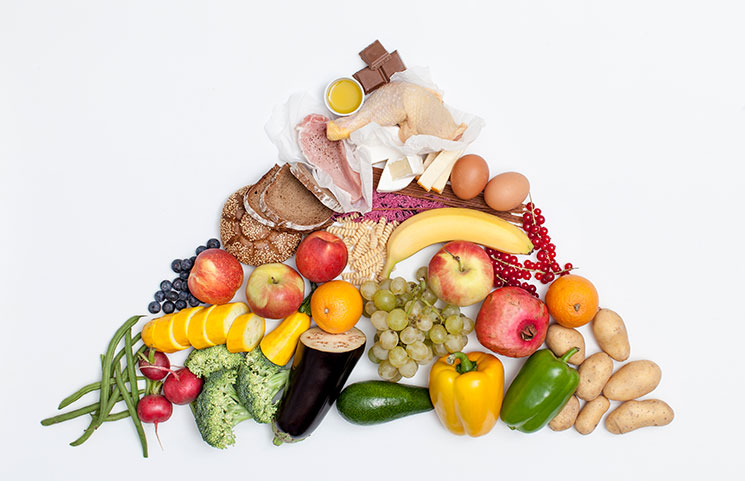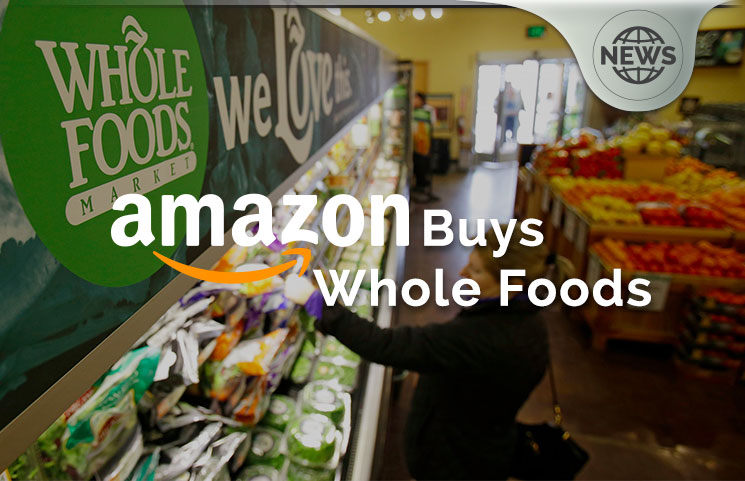Amazon shook up the grocery industry earlier today when it announced plans to buy Whole Foods Market. The move signals Amazon’s decision to fully enter the world of brick-and-mortar grocery retail.
The $13.7 billion deal also launches the beginning of a war between Amazon – the online retail giant – and traditional brick-and-mortar retail giants like Walmart or Costco. It also shakes up a grocery industry that’s been struggling to compete in stores and online.
With Whole Foods locations available across the United States, Amazon has access to physical marketplaces where it can test and implement new ideas.
Amazon shares rose by 3%+ after the deal was announced, while shares of retailers like Walmart, Target, Costco, and Kroger dropped.
This isn’t the first time Amazon has jumped into the physical retail space. They’ve previously experimented with small grocery stores and bookstores, for example. However, the purchase of Whole Foods is easily their most serious push into the retail space.

As a sign of what you can expect in Amazon retail stores, Amazon was recently granted a patent for a technology that prevents shoppers from comparing prices online from their mobile device while shopping in stores.
Whole Foods currently has 430 locations across the United States. The company has struggled in recent years while facing pressure from investors for sluggish performance. Whole Foods has maintained its niche appeal, but has struggled to attract more mainstream consumers. As retailers like Walmart increase their offerings of natural and organic products, Whole Foods has seen its unique benefit disappear.
Whole Foods was founded in 1978. CEO John Mackey will remain CEO after the purchase, and the company will maintain its headquarters in Austin. All company stores will continue to operate under the existing Whole Foods brand.
Some analysts see a conflict with Amazon’s purchase: Amazon has built its business on low prices and low overhead. Whole Foods is known for its premium service and higher prices – which could exist in contradiction to Amazon.
Amazon Buys Whole Foods Summary
In any case, the deal is expected to close in Q3 or Q4 2017, once it passes shareholder and regulatory approval.
Amazon paid $42 a share for Whole Foods – a 27% premium over the Whole Foods closing price on Thursday. In an announcement, Amazon founder and chief executive Jeff Bezos said that,
“Whole Foods Market has been satisfying, delighting and nourishing customers for nearly four decades – they’re doing an amazing job and we want that to continue.”
Stay tuned for more information about the fallout behind Amazon’s purchase of Whole Foods.









